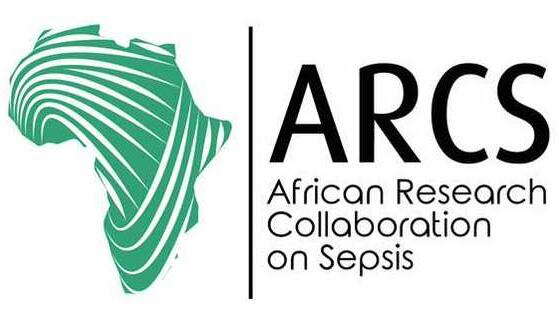
The African Research Collaboration on Sepsis (ARCS), a multinational collaboration led by LSTM, has been named one of the winners of this year’s Global Sepsis Awards by the Global Sepsis Alliance.
ARCS Co-Director, LSTM’s Dr Shevin Jacob said: “We are honoured that the Global Sepsis Alliance (GSA) has recognised ARCS through one of its 2020 GSA Awards. Funded by the UK NIHR, ARCS comprises a trans-disciplinary consortium of researchers, clinicians and administrators who are dedicated to improving the management and survival of sepsis patients across the continent, with specific work in 10 countries—Burkina Faso, Cameroon, Democratic Republic of Congo, Ethiopia, Gabon, Ghana, Malawi, Nigeria, Sierra Leone and Uganda.”
Announced last week to correspond with World Sepsis Day, the Global Sepsis Awards honour outstanding efforts to increase sepsis awareness and raise the quality of sepsis prevention and management. The awards are granted in three categories, and ARCS received their award in the non-governmental organisations category.
ARCS was awarded the GSA Award due to their network making outstanding contributions to sepsis research and capacity building across Sub-Saharan Africa. ARCS has and continues to build sustainable partnerships between research and clinical organizations, ministries of health, non-government organizations and the commercial sector. Their sepsis incidence survey including data from ten countries has meant they can begin to accurately quantify the true sepsis burden in Africa and enact evidence-based policy change.
ARCS Co-Director, LSTM’s Jamie Rylance said: “Sepsis was responsible for over 11 million deaths in 2017, accounting for 20% of the world’s deaths. With its focus on strengthening sepsis research capacity in African settings where the sepsis burden is disproportionately high, ARCS is supporting early career African clinician scientists to develop careers in the field. We hope to continue advancing knowledge, introducing innovations and informing policy that ultimately translates into improved sepsis survival in Africa.”